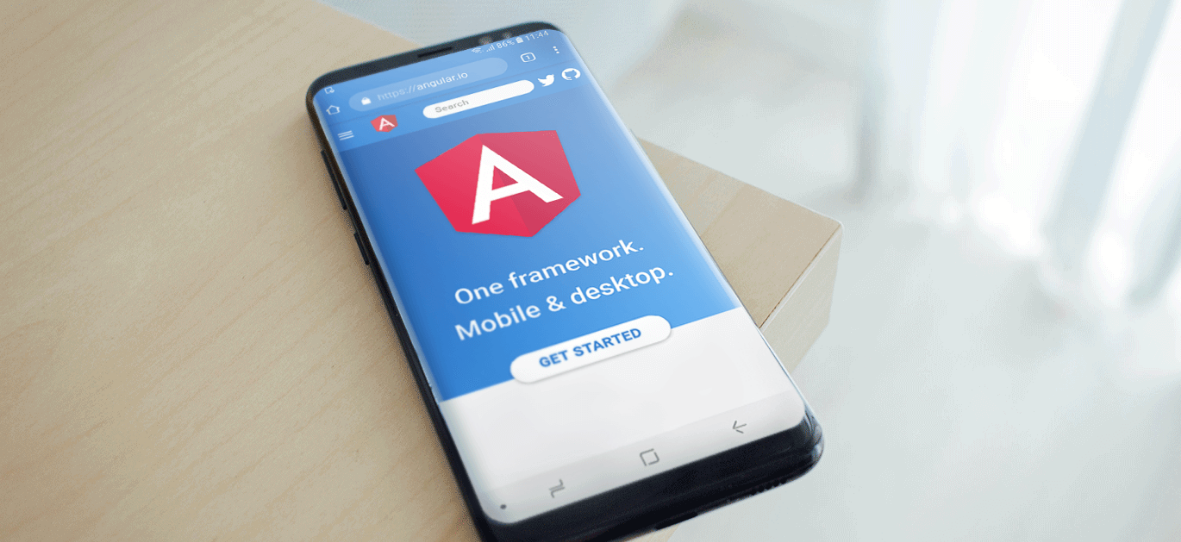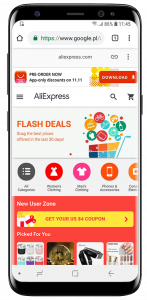
Progressive web apps
What’s this? How does it work? Is it worth to use it?

What’s this? How does it work? Is it worth to use it?
Progressive web apps are the answer for a growing share of mobile devices in the total number of all devices people use to surf the net. It is a kind of combination of the best web and native mobile apps features, to make them reliable, fast and engaging. Strong Google support, growing community, advantages that both developers and users appreciate, makes it not just a fad, but important direction in nowadays web development.
To support developers creating progressive web apps or adapting existing ones to PWA standards, google prepared and published a set of rules with detailed description of all requirements and recommendations. In a nutshell, apps should meet following standards:
As we can see from the above principles, PWA are highly user-oriented. Their goal is to provide the best experience possible and deliver required information in a quick way. But what are the benefits of implementing such apps in business?
Due to its features, PWA can be a great solution for e-commerce or publishers, where quick purchase process and availability / readability, is a must. But these are not the only sectors in which such solution can be applied.
Of course, there are some drawbacks, for example: you can meet some difficulties and limitations if you want to implement bluetooth, NFC, proximity sensors usage etc. or gain access to camera settings, contacts or geofencing. That makes them not an alternative for native applications in every case.
Ok, we briefly described the theory, but does it really make a difference? As we can see on Aliexpress case study at some point they found out that mobile became the most important platform and they need to figure out how to ensure the best experience and turn “non-app” clients into app users. Implementing progressive web application allowed them to increase the conversion rate for new users by 104% (overall), time spent per session by 74% and 2x more pages visited.

Click here to find more PWA related case studies and success stories.
 Hi, I’m Marcin, COO of Applandeo
Hi, I’m Marcin, COO of Applandeo
Are you looking for a tech partner? Searching for a new job? Or do you simply have any feedback that you'd like to share with our team? Whatever brings you to us, we'll do our best to help you. Don't hesitate and drop us a message!
Drop a message